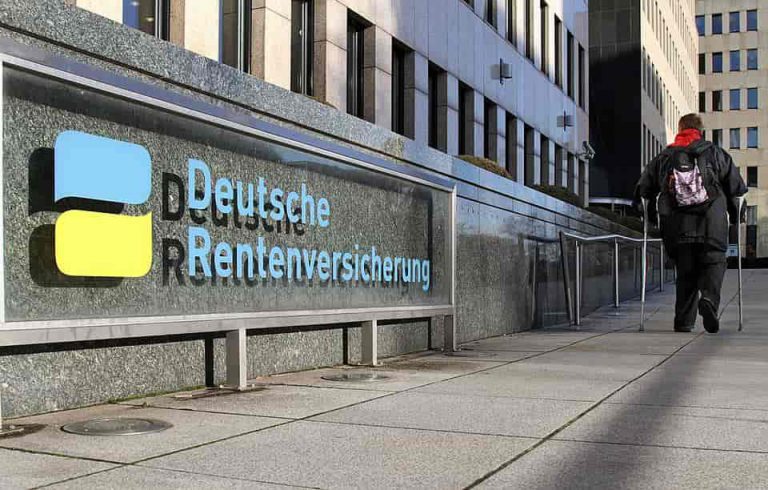Nearly 99% of all companies in Germany are medium-sized or family businesses, also referred to as the German Mittelstand, without doubt an enormously powerful factor for the local economy. At the same time, especially these medium-sized companies are facing a multitude of challenges putting a strain on their competitiveness: Bureaucracy, a shortage of skilled workers, the complex tax system and digital transformation in Germany. The last point is most likely to be essential to ensure long-term business success and will help to defend their role as economic drivers of innovation and technology.
The following article will take a deeper look into the current challenges SMEs in Germany are facing and how they can achieve the step into the digital age.
The challenge of digital transformation in Germany
A decisive moment for German companies is the digital transformation. For instance, digital technologies play an extremely important role for one’s own business model, as a representative survey of 1,500 medium-sized companies in Germany commissioned by the auditing firm Ernst & Young confirms.
According to the survey, 66% of the companies consider digital transformation in Germay to be of great or very great relevance for their strategic planning. And three out of four medium-sized companies rate digitization as an opportunity and see great potential for growth associated with it.
Five steps to achieve digital transformation
However, in reality companies often leave a lot of money on the table. A holistic digital transformation concept is often missing and disruptive changes are only loosely followed through instead of boldly implemented. Oftentimes, isolated and overly technical solutions are implemented, without standard interfaces for building a uniform data structure.
Moreover, process optimisations are mostly limited to the production-related areas. Unfortunately, they are largely detached from other departments e.g. marketing, sales, and HR.
What does a medium-sized company have to consider today if it wants to master digital transformation in Germany? The following five tips should serve as a guideline to ease into the digital age.
Stepping out of the comfort zone
Waiting around is a real growth risk. If you want to survive in today’s competitive environment, you have to prioritize innovation. After all, products and services that serve a fixed customer base today may be squeezed out by the international competition tomorrow.
Market demands change constantly and you should be flexible in your reaction and stay agile. Never stop to assess your own digital portfolio and capabilities in the digitization concept. To do this, you must leave familiar paths and follow new ones.
Implement new processes
In order to secure a sustainable increase in efficiency, familiar or well-known work processes should always be questioned. You lose valuable time when e.g. incoming orders or invoices have to be manually scanned first before being passed on internally for further processing.
Nowadays, operating and monitoring in real time and maintaining supply chains with the highest fidelity is the expected standard. A company can benefit from lower costs, risks and inventory levels.
To achieve this, the entire internal organizational structure should be aligned with a business process management system that links all departments smoothly with a central IT solution.
Change management implementation
The internal planning and implementation of changes should not be carried out top down. It is particularly important – especially with regard to the desired employee commitment – to create trust and transparency within the workforce at an early stage. Clear communication the scope of digitization action measures, concrete benefits of upgrades and implications on day-to-day operations is essential for lasting success.
By offering workshops and training courses and making information material available (e.g. via employee platforms on the intranet), companies avoid an unnecessary information gap in the company. Moreover, this helps to create broad acceptance at all levels.
Search for technical partners
Only in rare cases the in-house development department has the necessary resources to handle the implementation of new digital tools. In this respect, we recommend to rely on external help for technical IT implementation: The relevant service providers offer experience, know-how and support to implement e.g. digital document management on a company-wide scale.
Setup a digital transformation roadmap
After the requirements for a digitization strategy have been defined, it is a matter of laying out details within a roadmap. The structural changes are recorded and processed on the basis of milestones, tailored to the needs of the company. Modern project management solutions can help to identify fields of action in the future, and create an effective monitoring of KPIs.
In an international comparison, Germany is actually doing better than its own perception would suggest regarding digital transformation. The Digital Readiness Index published by Cisco in March 2019 lists Germany in 6th place in a worldwide comparison.
Whether this ranking held up or even improved in the following years will probably also depend on the progress of digitization in German SMEs.
Conclusion
In summary, the vast majority of small or medium-sized businesses in Germany have both exciting and challenging times ahead with the digital transformation journey. The opportunities coming with a holistic digital agenda are too big to be missed out. Leading by innovation will be the best approach for companies facing the challenges of digital transformation.












ปั้มไลค์
Like!! Great article post.Really thank you! Really Cool.